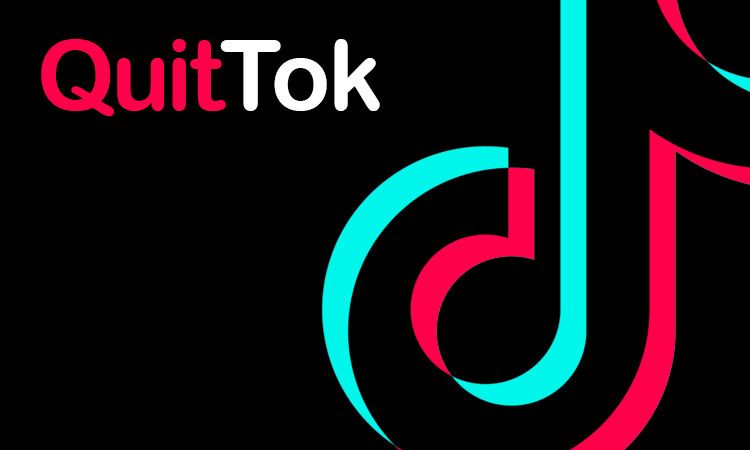
In the realm of social media, where every moment can be shared with the world, a new workplace trend has emerged: QuitTok. QuitTok, inspired by the popular platform TikTok, involves individuals live-streaming their resignations for all to see. While this trend has gained traction among younger workers seeking transparency and empowerment, it comes with its own set of risks and consequences.
The allure of QuitTok lies in its ability to turn a typically private moment into a public spectacle. Instead of having a discreet conversation with their managers, employees are opting to broadcast their resignations, often in dramatic fashion. These videos, ranging from humorous to tense, attract millions of views and spark conversations about workplace culture and transparency.
Proponents of QuitTok argue that it sheds light on an often overlooked aspect of professional life: the journey of quitting a job. By sharing their experiences, individuals hope to foster greater transparency in the corporate world and empower others to make bold decisions. However, critics warn against the potential pitfalls of this trend.
One such concern is the long-term impact on a person’s professional reputation. While QuitTok may offer momentary satisfaction, experts caution that it can tarnish one’s image in the eyes of future employers. Publicly airing grievances and burning bridges with former employers can be perceived as unprofessional and vengeful, ultimately hindering career advancement.
Paige, a 24-year-old from Florida, experienced firsthand the repercussions of participating in QuitTok. Despite initially feeling empowered by her decision to live-stream her resignation, she later regretted her actions. Reflecting on her experience, she acknowledged that it was not the mature or responsible choice and ultimately found herself seeking new employment opportunities.
Moreover, QuitTok videos often perpetuate a culture of negativity and sensationalism. By publicly airing grievances and airing dirty laundry, individuals may inadvertently harm their own reputation while fueling a cycle of online drama. Employers may also be wary of hiring someone who has a history of broadcasting workplace conflicts for the world to see.













